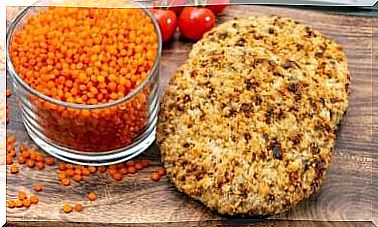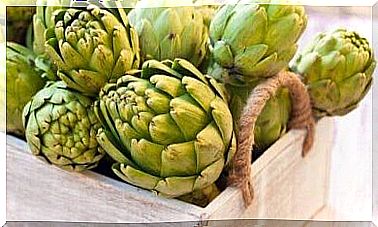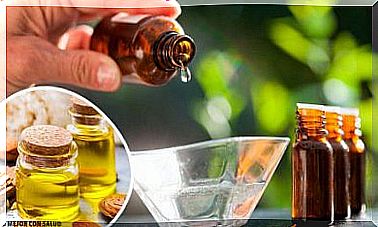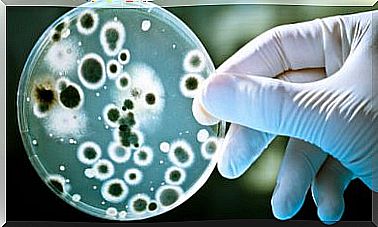Kitchen Sponges – 5 Ways To Disinfect Them
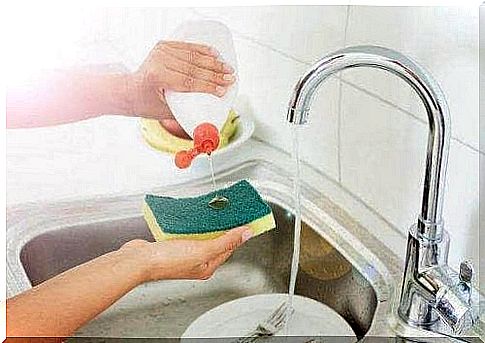
Few of us realize how important it is to clean even the smallest elements in the kitchen. Kitchen sponges require replacement and systematic cleaning. They can be a source of harmful bacteria and microorganisms.
It is important to learn about suitable and effective methods of daily disinfection. This is best done after each use. If you’ve never wondered how to do it, don’t miss these 5 solutions below.
Kitchen sponges – why should they be disinfected?
These items that we use for cleaning require appropriate disinfecting activities themselves. You are probably wondering why?
After all, their material seems to be perfectly adapted to washing the most difficult dirt or food leftovers from the dishes. So how do they become harmful?
The answer is simpler than you think. Well, moisture and microcracks make the sponge an ideal territory for bacteria such as: E. coli, Salmonella or Campylobacter. They reproduce easily in such a humid environment and can survive up to 2 weeks.
When used, many of these microorganisms and bacteria can spread between our vessels, increasing the risk of infection. Fortunately, it is enough to replace them regularly and keep them clean.
Kitchen sponges – 5 effective ways to disinfect them
While the disinfection methods outlined below are effective and useful, they still need to be changed at least twice a month. They may look good on the outside, but the inside is teeming with harmful bacteria. Remember about it and take care of their hygiene.
1. White vinegar
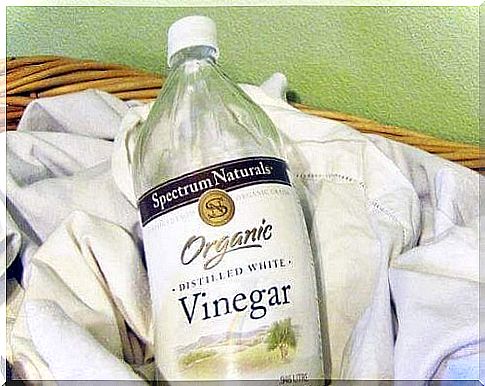
What should i do?
- Boil a glass of water in a saucepan.
- Then mix the water with an identical amount of white vinegar.
- Immerse the sponge for about 20 minutes.
- After this time, squeeze it to remove any remaining dirt.
- If deemed necessary, rinse the sponge with soap and water at the end.
2. Liquid soap and dirty kitchen sponges
The properties of liquid soap (for dishes) help in the cleaning process of the sponges. However, to strengthen the process, it is worth refilling the liquid with boiling water.
What should i do?
- At the very beginning, mix a tablespoon of liquid soap in a bowl of boiling water.
- Then carefully dip the sponge there (be careful not to burn yourself).
- After about 20 minutes, rinse and remove any residue.
3. Microwave oven
Most likely, the idea will seem eccentric to you, but the microwave oven is a good ally in eliminating pathogenic microorganisms from kitchen sponges.
High temperature changes the problematic humid environment and inhibits the reproduction of microorganisms.
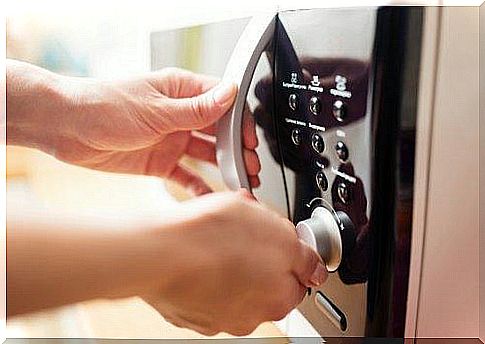
What should i do?
Remember that some sponges are made of synthetic materials that may melt when exposed to high temperatures. Therefore, it is best to dip the sponge in a container of water and vinegar before using this method .
- Put the container in the microwave for 2 minutes and remove.
- If your sponge previously had an unpleasant musty smell – you can be sure that this method will eliminate it.
- Of course, be careful when removing the sponge, as you can get burned.
4. Clean kitchen sponges and lemon juice
It is not the strongest disinfectant, but it is a great alternative when we do not have other products on hand. Lemon juice is a natural antibacterial agent.
It can effectively help disinfect certain kitchen items. If the kitchen sponges give off an unpleasant odor or are slightly dirty – you can use this method.
What should i do?
- Squeeze the juice of a few lemons and add to hot water.
- Dip the sponge in the mixture for about 20 minutes.
- Then rinse with cool water and washing up liquid.
5. Tea tree essential oil
The final recommended agent for disinfecting kitchen sponges is tea tree essential oil. Perfect for this release! This ingredient is known mainly for its therapeutic applications.
However, in addition to that, it is an excellent solution to eliminate microorganisms on various surfaces. It also helps eliminate mold and dampness.
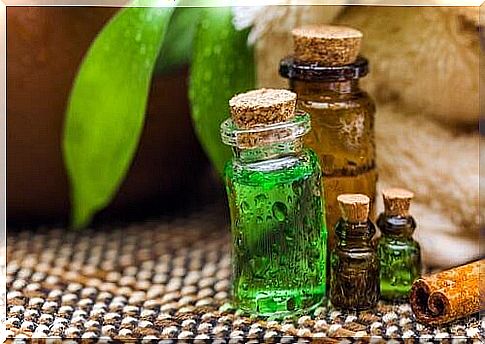
What should i do?
- First, add 15-20 drops of essential oil to a glass of boiling water.
- Dip the sponge there and soak it for 20 minutes.
- Then rinse everything and squeeze out to get rid of any remaining impurities. If it still looks dirty, use a little soap or dishwashing liquid.
Most likely, you haven’t disinfected sponges before, have you? Now you know how valuable this procedure is. Do not hesitate to use the methods and effective tricks mentioned in the article. Clean sponges create a friendly environment and reduce the risk of infection.




